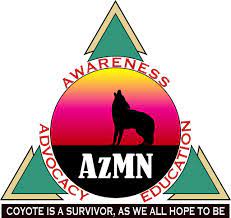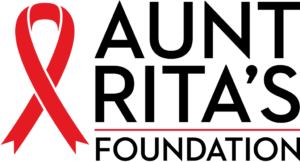I know it seems like the Build Back Better Act has been in our lives for years, not months. But I guess large pieces of legislation like these take time to tinker, mold, and gather support. We saw the House pass their version recently, and now the Senate will have their chance to shape it before it gets sent along to the President’s desk.
As patient groups, there are several parts of the BBB Act that will affect our members. I think everyone can agree that the provision of having out-of-pocket caps on Medicare Part D spending is going to have a tremendous real-world benefit for our patients. Too often, our patients must make budgetary decisions with their medications. Having a cap on their spending is the right thing to do. There’s also the added benefit of “smoothing” these costs throughout the entire calendar year. Smoothing it out gives extra assurances to patients and helps those especially on fixed income.
Conversely, there are some provisions that may have the effect of negatively effecting the rare disease community, especially when it comes to orphan drugs. Back in the 1980’s, patient groups rallied, and Congress was able to get the Orphan Drug Act passed. This Act served to facilitate the development of drugs to treat rare diseases. That Act gave exclusivity windows for companies to develop these treatments. The result has been a tremendous success, one that the IQVIA Institute says has “successfully spurred investment and innovation in rare disease therapies.”
But this new bill would hamper the positive developments we’ve had in treating rare disease by having the government step in and impose price-setting before the exclusivity window for these medications expire. While that may sound fine to the average voter, those of us who know what it is like to hope for a cure also know that we need to look deeper. When we do, we are left with the question of: What incentives will there be for the biotech community to work on and develop new cures if the government simply can come in and pick winners and losers? Being in the patient community, we know that developing treatment for rare diseases takes several years in terms of research and development. Stripping away those incentives for the biotech community to treat these diseases is one that will only hurt the most vulnerable – patients.
There are a lot of people with Lupus, Myeloma, HIV/AIDS, and countless others waiting on cures, and the fact is, if we stop the flow of development on these rare diseases, patients will be the ones left out in the cold. Senators Kyrsten Sinema and Mark Kelly can help Arizona patients in this bill by protecting the development of innovative medications.
Signed,
Lupus Foundation of Southern Arizona
Arizona Myeloma Network
Aunt Rita’s Foundation











